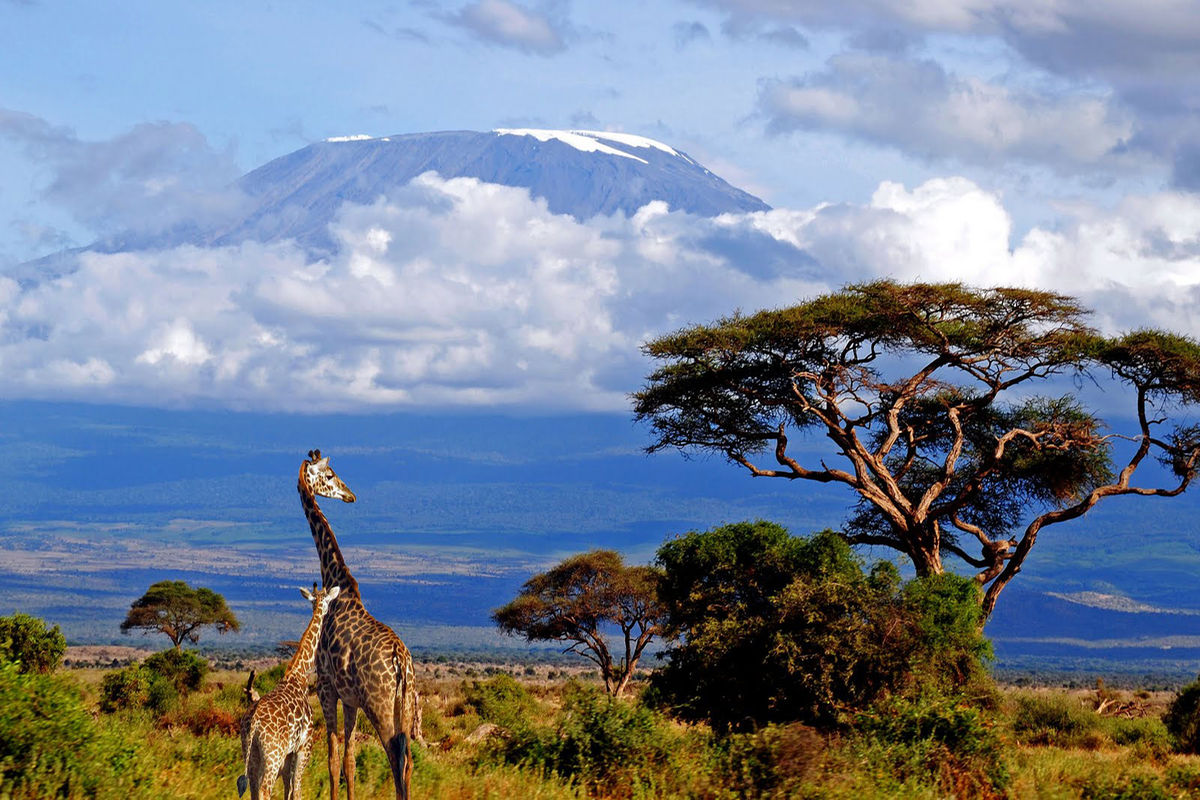Travelling to a few places so far, I discovered that the Tanzanian passport can change the way one is treated at airports and international borders. While my looks and haircut have a few times suggested that I come from a different angle of Africa, showing my passport changed ‘the atmospheric pressure’ of those moments.
A few times, my luggage was shallowly searched, and I was told, “We know Tanzanians, they don’t get in trouble here.” On one occasion a young immigration officer at Charles de Gaulle Airport in France said: “I’m done with the checks, but I must tell you, I love this passport, it is colourful.” He admitted it was his first time laying hands on a Tanzanian passport. He particularly found the tourist attractions advertised on the passport pages stunning and unique.
Many people out there hold us Tanzanians, collectively, in high regard. We are respected and loved as people with integrity. There is the extant historical aspect of this, especially with citizens of countries Tanzania helped in the past. But there are also present-time experiences of other people with Tanzanians across the world. The subjective experiences can be different from one individual to another, and there is as well some room for error. However, the overall picture of Tanzania and Tanzanians is objectively leaning strongly on the positive. Certainly, those who travelled years back laid the foundation for the reputation we have abroad and overseas today.
In these days of the internet, I have concluded that our good name has long gone before us. Our fame has reached far more than we can think. A quick question on Google “What are Tanzanians like?” comes with answers like: “Tanzanians are extremely friendly, welcoming and laid back, with very few specific rules to follow”; “The majority of Tanzanians are very friendly”, “Tanzanians are polite and considerate”; and “Tanzanians have a strong sense of national pride.” It is the last one that today’s discussion centres on.
Globally today, ideologies thrive by infusing them in young people. In countries where young people have a global audience at their disposal, they grow up expressing any ideas that have been given to them. It is not uncommon to see Chinese children shedding tears while singing their national anthem, or hearing American children expressing strongly their passion for their country. That is exactly how strongly such has been communicated to them.
While for Tanzanians, this sense of patriotism and national pride has probably developed naturally over the years, there is a need for strategic investment into it in order to march at pace with the circumstances of this time, lest we are overtaken. Today countries and different organisations in the world work to make young people develop loyalty to what they offer. It is more like how celebrities build their fanbase.
There are two aspects to undertaking this. Firstly, young people as soon as they start learning, need to be taught our national values and our patriotic practices. They should not only be taught to memorize them. But rather, to understand them, experience them, feel them, and cherish them dearly.
In the same regard, young Tanzanians should be progressively informed that we as a nation despite our not being the richest, are ‘outstanding’ in our values, and do not linger in mediocrity, we are ‘different’, we are ‘contented’, we are ‘beyond price tags,’ and we have goals and dreams to achieve.
Quick action is needed to rescue those who grow up in the country but do not hold Tanzania dear. Many young people are proud of popular cultures or even other countries, languages, etc. because of the exposure they have had through films, music, the internet, etc. which do not necessarily portray the real life of people in those countries.
There are chances that they will gradually cherish the values of those countries which are sometimes different to what we cherish as Tanzanian people. As such, investing strategically in infusing patriotism and national pride will go a long way to remedy such situations.
Nonetheless, the perception of adults massively influences how young people grow up thinking about their countries. If adults are only heard saying negative things about the country, that is what children internalize. They may not say it like the adults, but that shapes their thought and perception as well.
Living in Nigeria during my adolescence, I so often heard people saying, as if with regret: “You cannot make it in this country!” There was truly a high unemployment level then, and there were graduates who did jobs no one will expect them to. This influenced how my contemporaries and myself thought about the future. It kept ringing in our heads. Whenever I just sat to think about my future, I heard this imaginary whisper again and again: “You cannot make it in this country!” We can prevent situations similar to this by speaking positive things about our country.















